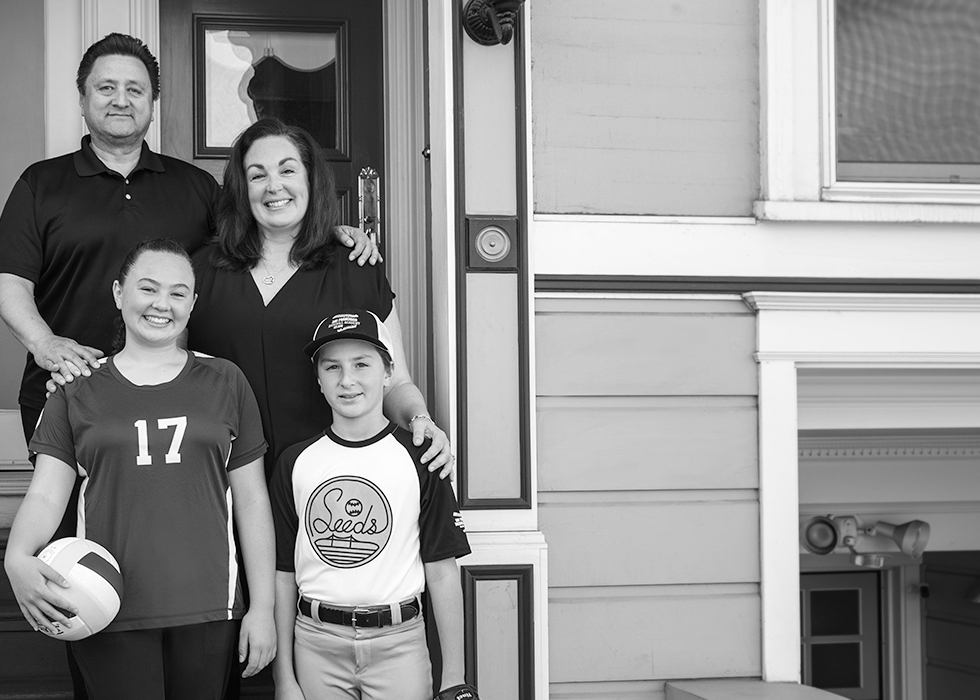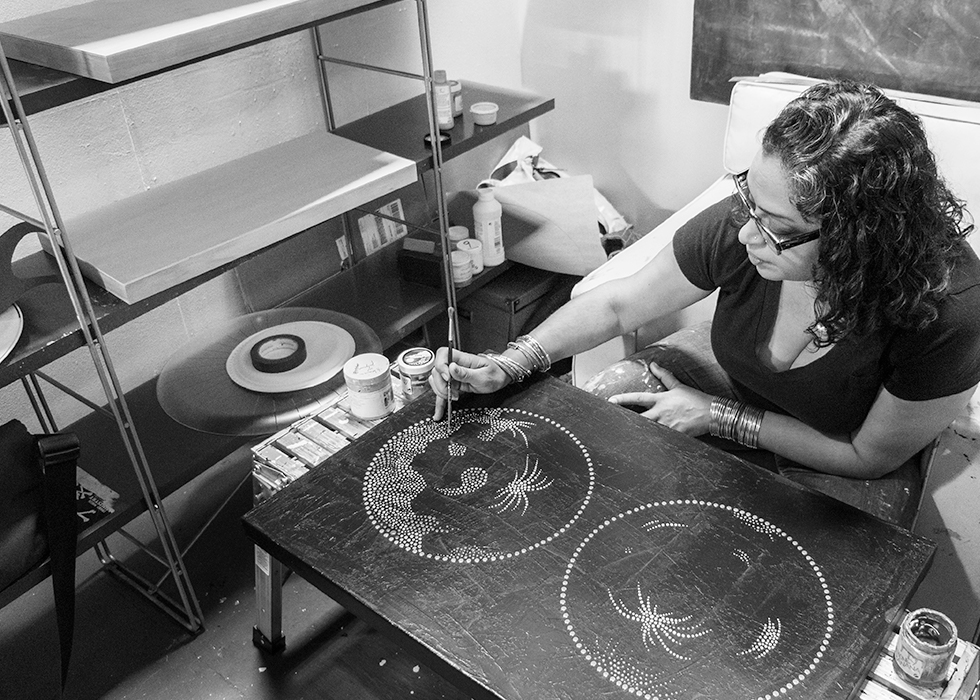The Buydown Method and Mortgage Points
Buying a house is a huge achievement and a milestone in a lot of people’s lives. It’s also one of the most expensive purchases you’ll make. Since housing costs in the San Francisco Bay Area can be quite high compared to other markets, anything you can do to reduce your monthly mortgage payments is worth considering.
Mortgage points are one way to lower the interest rate on your home loan, thereby reducing your monthly payments. Find out if they’re a good option for you.
What are mortgage points?
Simply put, mortgage points are fees you can pay to your lender to reduce the interest rate over the life of your loan. This is sometimes called the “mortgage rate buydown technique."
Each mortgage point costs 1% of your home loan. For example, if your mortgage is $300,000, one mortgage point would cost $3,000.
One mortgage point generally lowers the rate of the loan by 0.25%. If your interest rate is 4%, one mortgage point could lower that to 3.75% for the life of the loan.
How much each mortgage point will actually affect the interest rate depends on three factors:
- Your mortgage lender
- Your type of mortgage
- The overall interest rate environment
Some lenders will let you buy more than one mortgage point and even fractions of a point. A half-point on a $300,000 mortgage, for instance, would cost $1,500 and lower the mortgage rate by 0.125%.
You’ll have to pay the mortgage points at closing. They’ll be listed on the loan estimate document, which you’ll get after applying for your loan. It will also be listed on the closing disclosure, which you’ll receive before you close on the home.
How do mortgage points cut interest costs?
If you can afford to buy mortgage points in addition to your down payment and closing costs, you could save money in the long run by lowering your interest rate for the life of your loan.
One key thing to keep in mind is that you’ll have to stay in the home long enough to recoup the initial costs of the mortgage points. If you’re only planning to stay in the home for a few years, buying mortgage points could wind up costing you money.
Let’s look at an example of how mortgage points reduce the costs on a 30-year, fixed-rate mortgage of $200,000, assuming you bought 2 mortgage points with each costing 1% of the loan principal.
How to calculate your breakeven point
The “breakeven” point is when you recoup the amount you spent on mortgage points. To figure out when this will be, you’ll divide the cost of the mortgage points by the amount the reduced rate saved you each month.
So for the example above, the formula would be: $4,000 / $56 = 71 months
This means that you’d have to say in the home for 71 months, or almost six years, to recover the cost of the mortgage points.
So before you consider purchasing mortgage points, make sure you use this formula to figure out your breakeven point. If it’s longer than you intend to stay in the home, you’ll lose money in the end.
Mortgage origination points vs. mortgage points
Don’t confuse mortgage origination points with mortgage discount points. Mortgage origination points are fees you pay to your lender to originate, review, and process your loan. They typically cost 1% of the total mortgage. So, if your lender charges 1.5 origination points on a $250,000 loan, you’ll have to pay $4,125.
Remember, mortgage origination points come into play just in the loan processing stage and have no impact on the interest rate. Some lenders will let you get a loan with reduced closing costs and origination points, but they generally compensate for those with a higher interest rate or higher fees in other areas.
How do you know if mortgage points are right for you?
Bay Area home loans can often be quite high, so anything you can do to reduce your monthly mortgage payments is worth looking into.
Before you decide to buy mortgage points, you should ask yourself a few questions:
- Can I afford them in addition to other fees and closing costs?
- How long do I plan to stay in this house?
- When is my breakeven point?
If you have questions about mortgage points, or just about home loans in the Bay Area, our Real Estate Loan Officers will be happy to answer your questions.
You can also check out other articles here in our Learning Center about buying a home, personal loans, car loans, and more.




